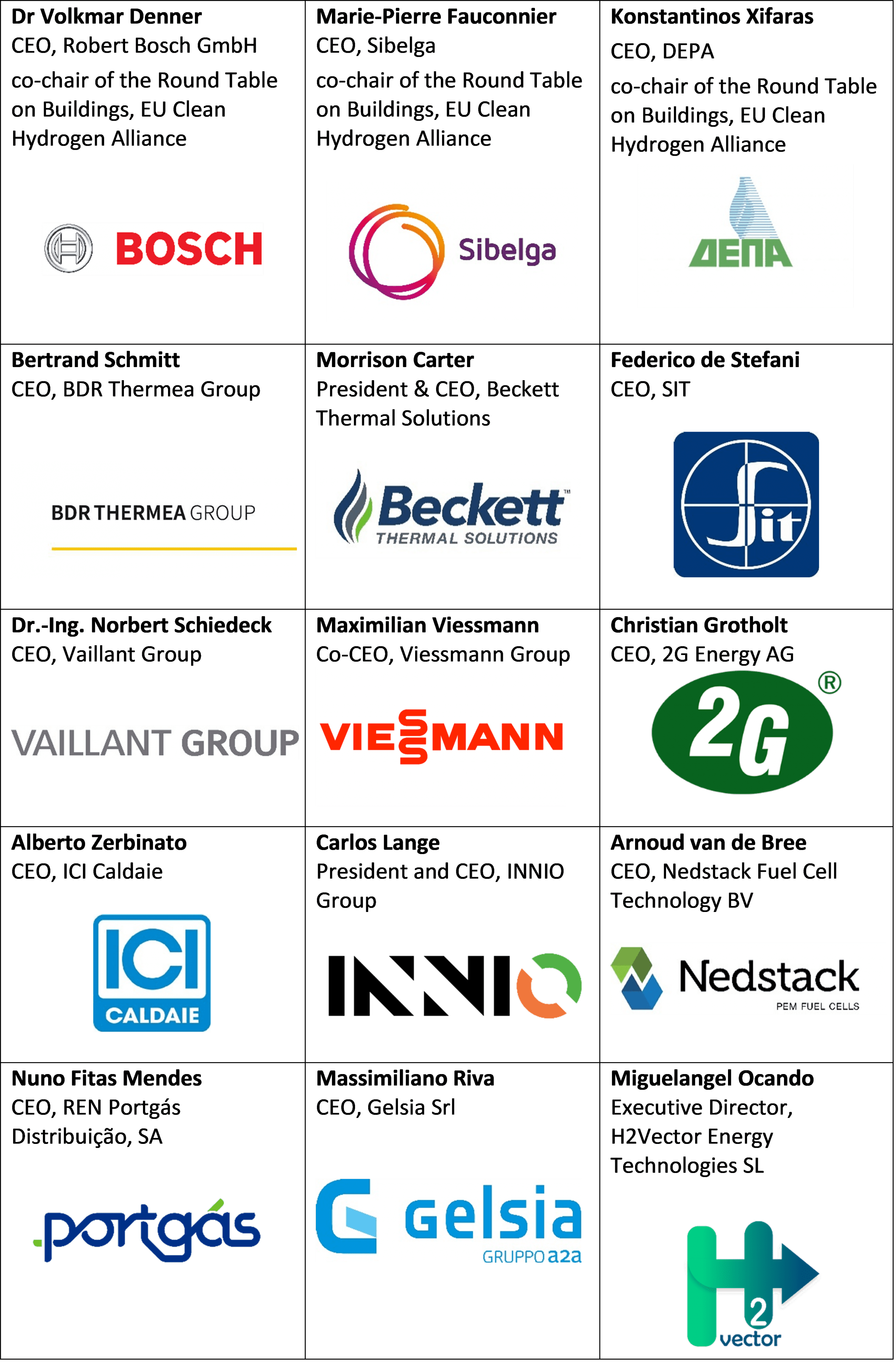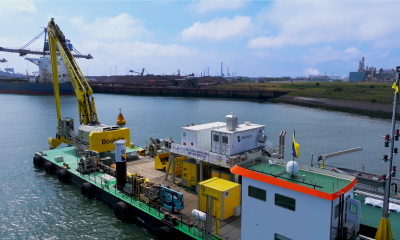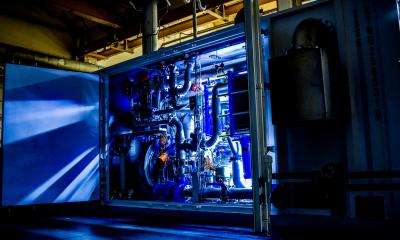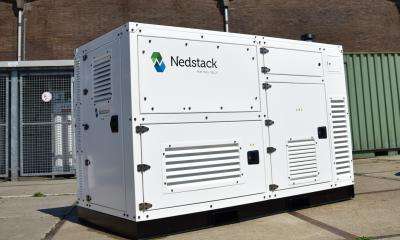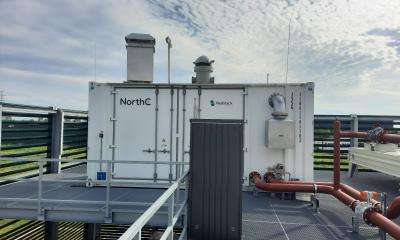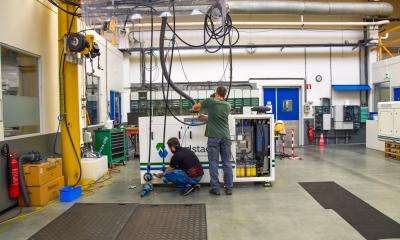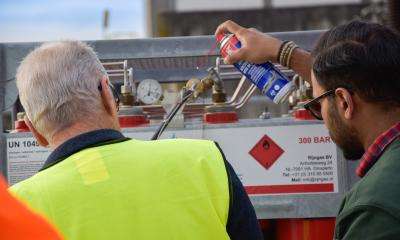We, the undersigned CEOs of European companies covering local energy companies and system providers, heating and cogeneration technology manufacturers as well as district heating providers, members of the European Clean Hydrogen Alliance Round Table for Buildings, are fully committed to the climate neutrality goals of the EU for 2050
- As stressed by the Commission in the Renovation Wave Strategy, buildings are a hard-to-abate sector and require urgent and significant efforts. We believe that market transformation towards carbon-neutral buildings will be a challenging but fundamental step to reduce CO2 emissions to the level required in time for 2050 and to successfully enable a European hydrogen economy;
- An integrated energy system approach is needed to cut emissions from buildings in the short time-scale available, which means renewable and defossilized gases, including hydrogen should work alongside electricity, as complementary and necessary components of a cost-optimal defossilization of buildings, bedded in an efficient and resilient energy system;
- We provide the technologies, know-how and infrastructure that can support the development and ramp up of clean hydrogen for buildings; our technologies are ready for hydrogen; hydrogen in buildings - including via blends in the existing grids, will provide a stable demand - hence security to scale up investments in the early phase of the hydrogen economy;
- We should anticipate the transition of the gas mix up to 2050; the sooner we synchronise end-use with hydrogen production, transmission and distribution, the lower the costs will be;
- This is why we joined the Clean Hydrogen Alliance initiated by the European Commission and why we strongly support its goals for a climate neutral world. Today, we commit to making the investments necessary via a pipeline of projects to ramp up the use of clean hydrogen technologies and make buildings contribute towards a net-zero emissions economy by 2050.
